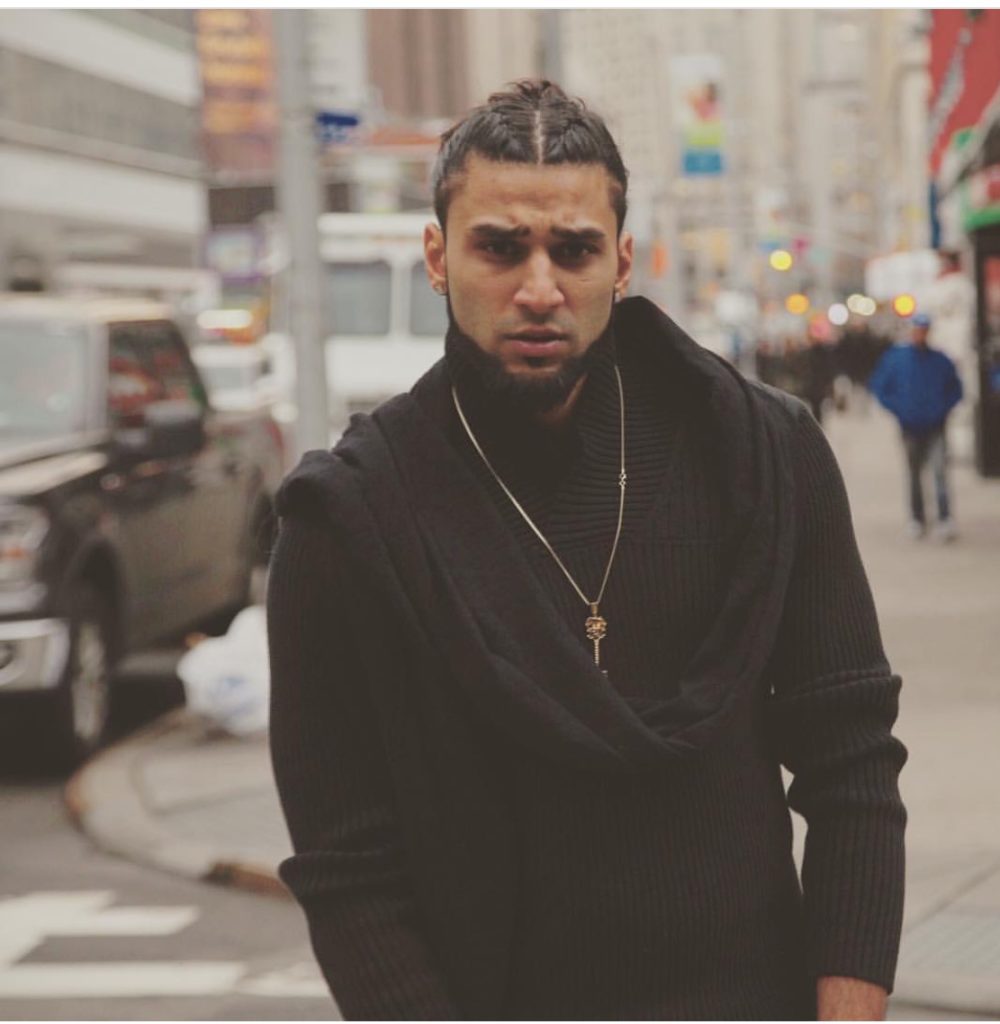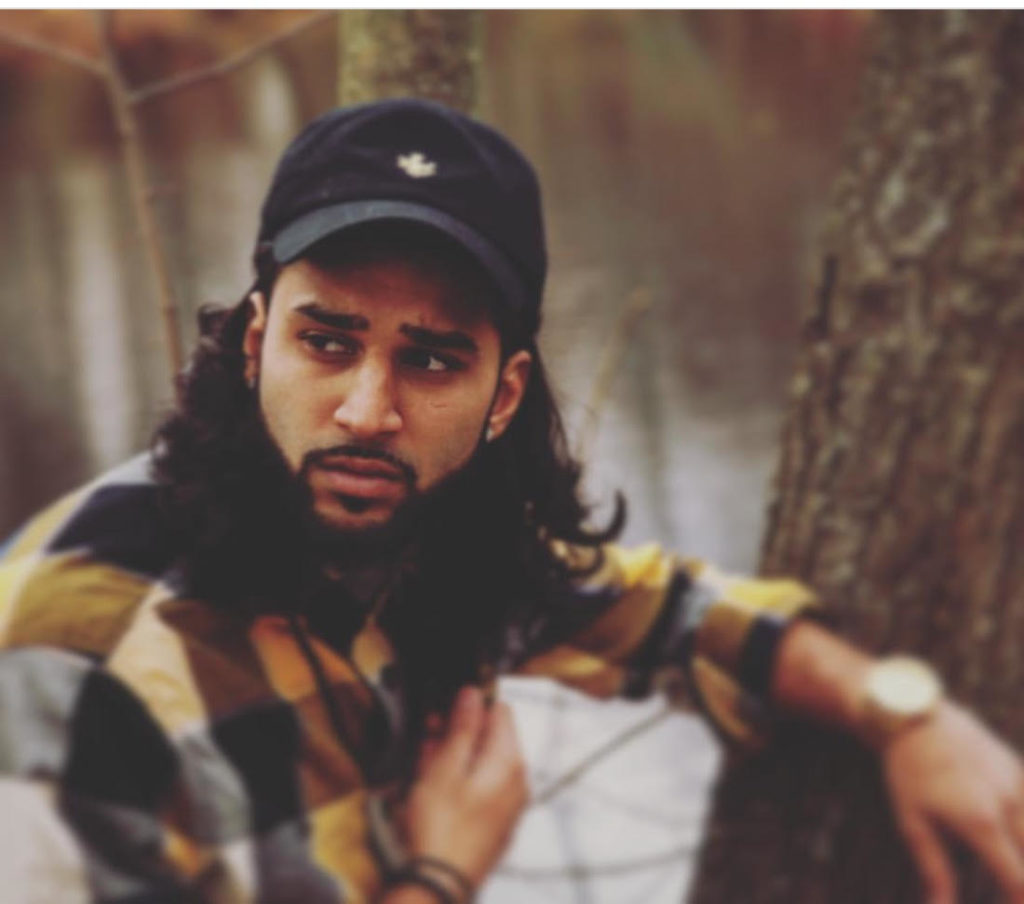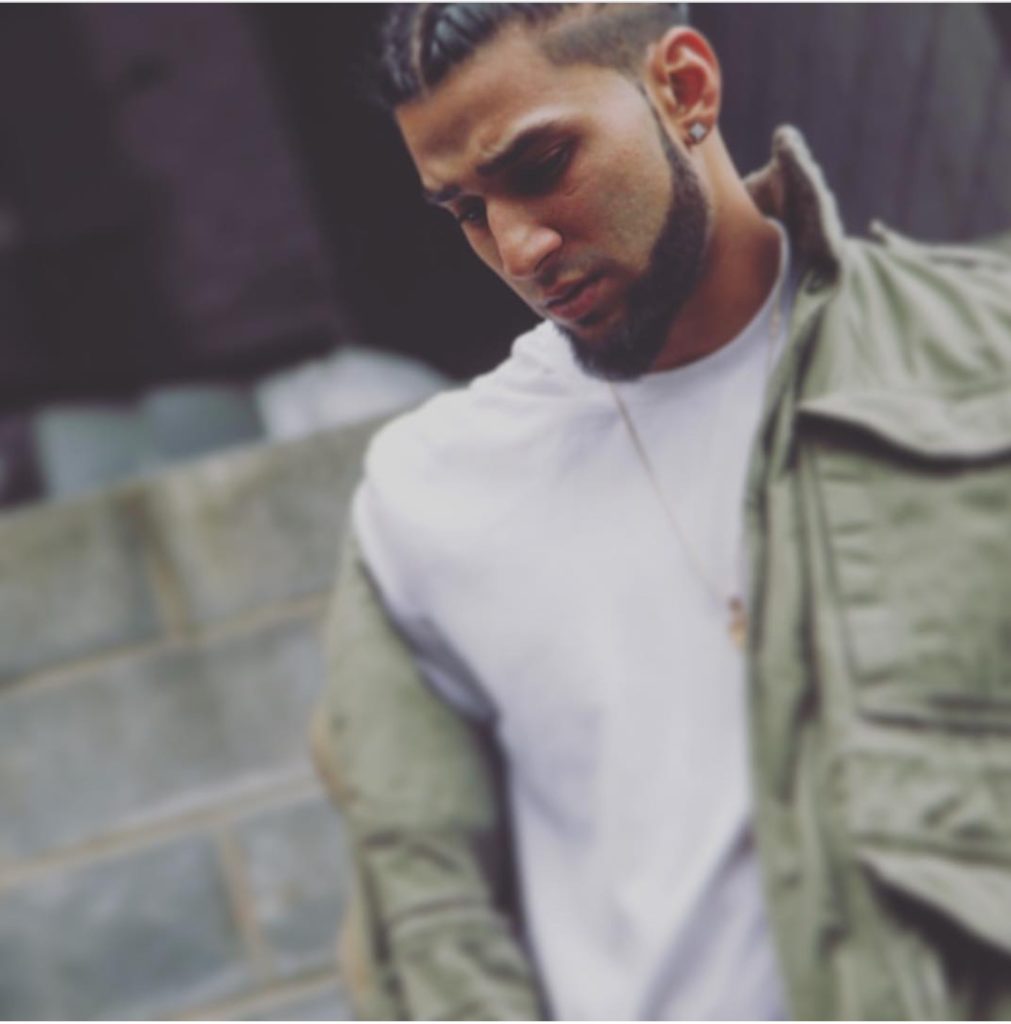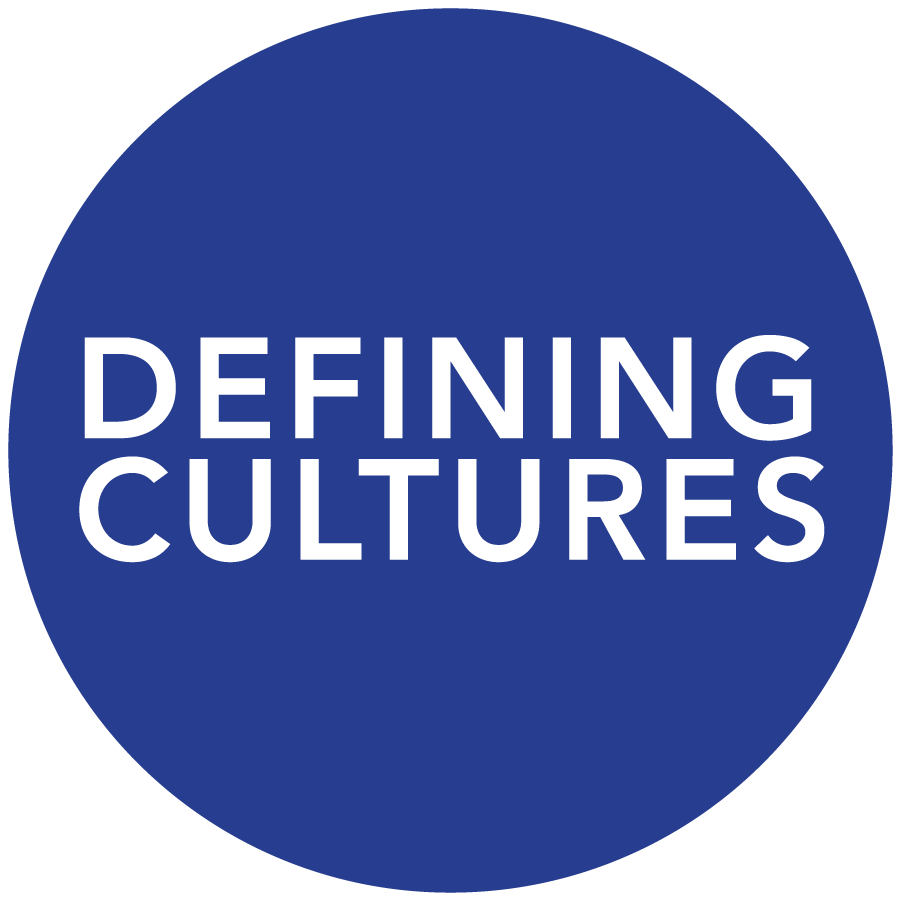
“My goals and endeavors are limitless…surpass your potential.” This is Moses Bhatti's motto. A Pakistani-American who has been called everything from Puerto Rican to Guyanese, Indian, Black-Italian and a mix of Native American. Although these assumptions have existed most of his life, make no mistake, Moses has been proud of his Pakistani heritage since he can remember. This love is evident throughout his IG page and made me want to learn more about his journey. What was his family’s story? How has it influenced his take on life? But before I get to him, you have to understand the hustle within the family's bloodline:
At 22, Moses’ father (Mr. Bhatti) landed at JFK airport back in 1989 from Pakistan – destined to clinch the American Dream.
Driving taxis in NYC is how Mr. Bhatti and his 4 brothers started off as immigrants. Don’t let their jobs fool you though! They looked towards the future, and quickly learned the system.
All 5 brothers worked hard and pulled their money together to buy taxicab medallions* for 2 of them...Mr. Bhatti and the youngest brother were the recipients. In the early 90s, medallions cost between $150,000 and $200,000 each.
“My dad was spending less than $5 a day for a few years…within a year, him and my youngest uncle had $90,000 straight cash from driving taxis. That’s $180,000 back in the 90s and just two people. Mind you, there are 5 of them.”
With their earnings, the brothers pitched in to buy their first family home in Yonkers, New York, and life was just getting started. “They didn’t want to work for anyone because they’d already done that. They were hungry and knew they had to keep going for the family.”
Long story short, the brothers sold the house in Yonkers, combined it with their money from the taxi business, and decided to enter the hospitality industry. To date, the family owns 15 hotels and motels across the state of New York.

• “This is who I am. This is who I want to be.” •
- Moses on his cultural identity
The history of the Bhatti family is important in order to understand the foundation for Moses Bhatti's journey. He’s the oldest of 5 siblings (4 boys and 1 girl), and was born in 1994 in Yonkers.
By 2001, the family had settled in Upstate New York in Catskill – a small town consisting of a predominately White population. As one of the very few brown families in the area, Moses clearly remembers the big shift in attitudes towards the family when 9/11 struck. He was only in the 1st grade.
“People always asked us were we Muslim. We’re not, so when we said we’re Christian, they would say: ‘Oh, you’re Christian?’ Like a sense of relief.”
Luckily, Moses doesn't recall elementary school being too traumatic, but then came middle and high school in a new home in Queensbury/Lake George, New York. “That’s when all the racial slurs were coming at us. We were very tolerant…and just dealt with it.” But in preparation for the worst-case scenario, Mrs. Bhatti enrolled Moses, and his younger brother Samson, in karate for self-defense. “There would be some ignorant people that would say things, but I was calm, cool and collective, whereas my younger brother was more of the hothead. Still till this day, stuff like this happens.”
For the most part, the Bhattis were likable kids, and all-stars in many sports such as tee-ball, swimming, karate and football. What led them to this high-functioning status was inner-family turmoil. Their parents were going through a divorce, so sports became an escape from the arguments, lawyers and courts. “…A way to keep us distracted when we were young turned out to be such a positive thing.” Recently, Moses and Samson self-enrolled in Brazilian Jiu-Jitsu classes in order to master their martial art techniques.

Moses is 22 now, “…starting adulthood and trying to figure out who I am – basically relating to my dad when he first landed in New York.”
“I’m first-generation born. I need to work hard.” So embedded in a large family full of entrepreneurs, Moses has a Plan A and B in motion.
Plan A is business focused: In 3 years, he plans on extending the family business beyond hotels. One of his goals is to become a liquor distributor, so he’s already making efforts to learn the ins and outs of the liquor business – he’s completed Bartending School and is currently in the process of obtaining his liquor license.
Plan B is shooting for the stars: becoming a full-fledged model, lifestyle ambassador, and anything showbiz related. Of course if this supersedes Plan A, Moses is all for it. He started receiving compliments for his looks when he was a teenager, but always second-guessed it because he was a football player and thought modeling was far-fetched. “But as I got older, I thought: Yo, you make money off of this? [laughter]”
And in regards to his heritage, Moses has always been accepting of it from a very young age. Maybe it’s his frequent visits to Pakistan since the age of 3, eating the traditional foods everyday, or being fluent in his mother tongue of Urdu. He has always looked in the mirror and said: “This is who I am. This is who I want to be.”
His advice to someone who may be struggling with his or her cultural identity:
“…‘Do you’ within your situation and environment, and cut negativity out...The things you’re passionate about, stay up late and do those things.”
His advice to his 16-year-old self:
“Take a step back and slow down.”
• • •
*If you’re driving a taxicab in New York and work for a private company, you can only pick up passengers from the borough of where the company operates their fleet of taxis.
In order to operate an iconic, yellow taxicab in New York City, the vehicle is required to have a “medallion,” which is displayed on the rear window. Having a “medallion taxi” not only allows you to accept passengers who hail cabs on the street, but it allows you to pick up passengers anywhere in the five boroughs. Therefore, providing a greater opportunity to make more money.
Medallions are a pretty penny (last year, they were selling for around $1 million), so private companies own most of them and lease them to cab drivers. But there are some drivers who are able to eventually own the medallion out right…boss status!
- Images courtesy of Moses Bhatti/Andrew Young Films
